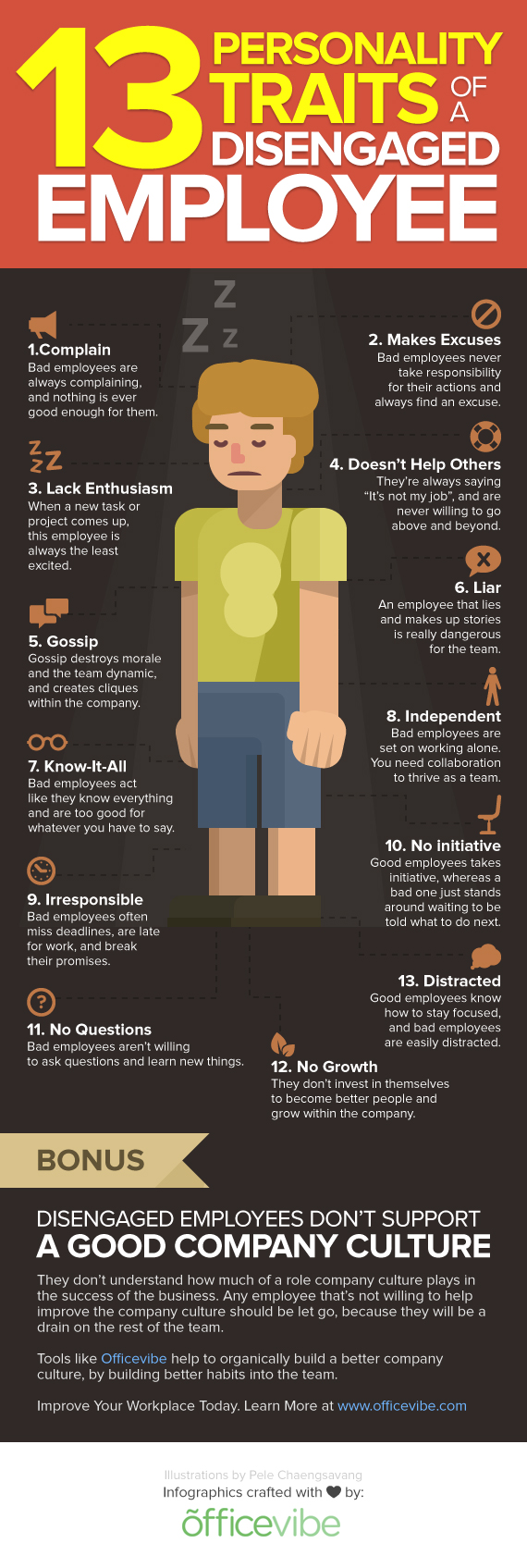Part of a manager’s job is to deal with the attitudes of the people who they supervise. Most employees go to work with a good attitude and concentrate on the business at hand. However, there are employees who seem to have a chip on their shoulder and display bad behaviors at work. It is important for a good manager to determine if he or she is dealing with insubordination from an employee or if the employee is just having a bad day.
What is Insubordination?
While the word insubordination refers to someone who is being disobedient or disrespectful, the definition for insubordination is more specific. When insubordination occurs at work, it is more than just being disrespectful, it is the refusal of an employee to take a direct order from a supervisor or it involves a confrontation between an employee and a supervisor. Both of these acts will usually end in severe consequences for the employee.
Refusing a Direct Order
An employee will commit an act of insubordination when they refuse to carry out a direct order from a supervisor by explicitly stating so or by not completing the task. It isn’t an act of insubordination if they didn’t understand the order, but it is if they did understand it and then refused to complete the task.
If an employee has a question concerning the ethics or legality of the task, they should address it either with their direct supervisor or with another member of management. They shouldn’t take it upon themselves to refuse the task because that can lead to them losing their job.
Confrontations at Work
Not all work disagreements are acts of insubordination. If a disagreement or argument takes place between a manager and an employee in private, then insubordination may not be found. However, if a private argument can turn into insubordination if the employee brags about the confrontation to their co-workers or if they do not want to settle the disagreement.
Policies Concerning Insubordination
Most businesses have policies regarding insubordination of which the employees should be made aware. The policy should outline what acts are considered insubordinate in the workplace and what the consequences are for employees, including termination if the offense calls for it. Disrespect should not be tolerated in the workplace, but a manager should be trained to tell the difference between someone having a bad day and real insubordination on the job.

Keith Miller has over 25 years of experience as a CEO and serial entrepreneur. As an entrepreneur, he has founded several multi-million dollar companies. As a writer, Keith's work has been mentioned in CIO Magazine, Workable, BizTech, and The Charlotte Observer. If you have any questions about the content of this blog post, then please send our content editing team a message here.
---
